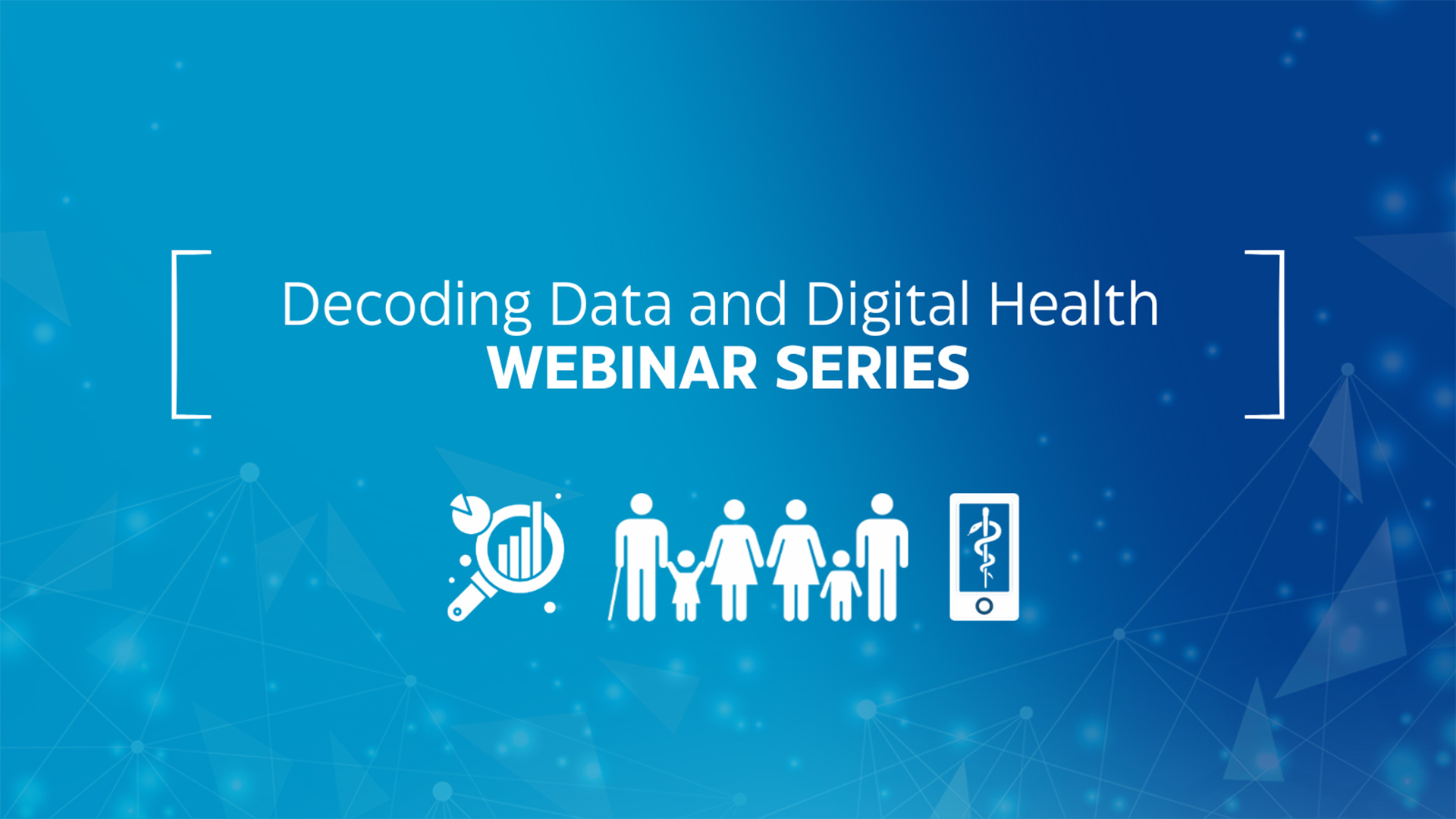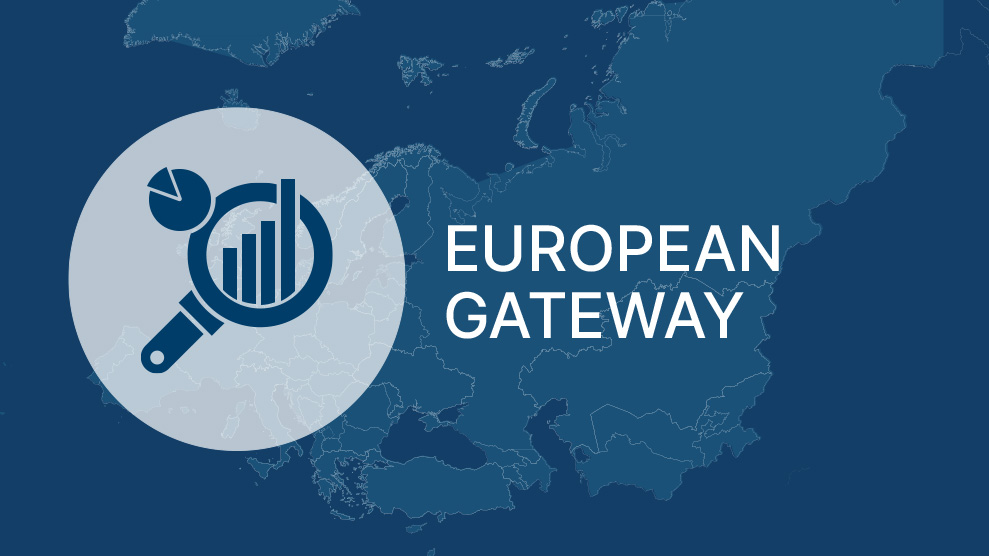Digital health
Digital health is the field of knowledge and practice associated with the development and use of digital technologies to improve health. Digital health expands the concept of eHealth to include digital consumers, with a wider range of smart devices and connected equipment. The following areas are commonly understood as being part of, or related to, digital health: artificial intelligence, big data, blockchain, health data, health information systems, the infodemic, the Internet of Things, interoperability and telemedicine.
The WHO European Region has been heavily impacted by the COVID-19 pandemic delaying the achievement of the Triple Billion targets and the Sustainable Development Goals. Health information systems have been strained from the onset of the pandemic, highlighting the need to implement digital solutions that improve the efficiency of these systems. While these innovative solutions started to be used during the pandemic, decision-makers at the country level have different understandings of what digital health means, and there is often little long-term vision of the needs, including regular allocated funding. The 2015 WHO global survey on eHealth provided evidence of an increasing appetite for eHealth in the European Region and while tangible progress has been made in mainstreaming technology solutions to improve public health and health service delivery, several challenges and opportunities have since emerged in health and digital domains.
People-centred digital solutions, if widely adopted, have the potential to help overcome these challenges. The Regional Digital Health Action Plan 2023–2030, to be discussed during the 72nd session of the WHO Regional Committee for Europe, encapsulates how WHO/Europe will be supporting countries in leveraging and scaling up their digital transformation for better health and in line with their health needs, while fully respecting the values of equity, solidarity and human rights. The guiding principles of this action plan are the following: (1) placing the individual at the centre of trustworthy care delivered digitally; (2) understanding health system challenges, including health needs and trends, and acknowledging the needs and expectations of citizens and health workers; (3) recognizing the need for policy decision-making based on data, evidence and lessons learned; (4) leveraging digital transformation to re-imagine the future of health systems; and (5) recognizing that institutionalization of digital health requires a long-term commitment and an integrated care approach.












